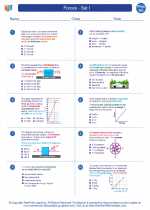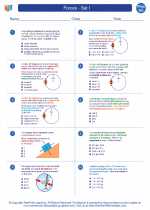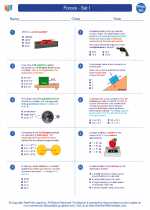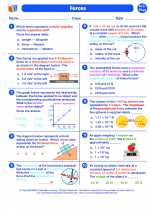Religion
Religion is a complex and multifaceted aspect of human culture and society. It encompasses a wide range of beliefs, practices, rituals, and ethical codes that are often based on the teachings of a particular spiritual or divine authority.
Key Concepts in Religion
- Beliefs: Central to most religions are sets of beliefs about the nature of the universe, the existence of a higher power or powers, and the purpose of human life.
- Practices and Rituals: Many religions have specific practices and rituals, such as prayer, meditation, fasting, and pilgrimage, that are intended to foster spiritual growth and connection to the divine.
- Community and Tradition: Religion often involves belonging to a community of believers and participating in traditions that have been passed down through generations.
- Ethics and Morality: Most religions have ethical and moral codes that guide the behavior of their followers and provide a framework for understanding right and wrong.
Major World Religions
There are numerous world religions, each with its own unique beliefs, practices, and traditions. Some of the major world religions include:
- Christianity
- Islam
- Judaism
- Hinduism
- Buddhism
- Sikhism
Studying Religion
Studying religion can be a fascinating and enriching experience. To gain a deeper understanding of this topic, consider exploring the following areas:
- Comparative Religion: Compare and contrast the beliefs, practices, and historical development of different religions.
- Religious Texts: Study the sacred texts and scriptures of various religions, such as the Bible, the Quran, the Torah, the Vedas, and the Tripitaka.
- Religious History: Explore the historical contexts and developments of different religious traditions, including the spread of religions and their impact on societies.
- Philosophy of Religion: Examine the philosophical questions and debates surrounding the nature of religious belief, the existence of God, and the problem of evil.
- Religion and Society: Investigate the roles of religion in shaping social, political, and cultural dynamics in different communities and civilizations.
Conclusion
Religion is a rich and diverse field of study that offers valuable insights into the beliefs, practices, and values that have shaped human societies throughout history. By approaching this topic with an open mind and a spirit of inquiry, students can gain a deeper understanding of the complex tapestry of human spirituality and cultural expression.
[Religion] Related Worksheets and Study Guides:
.◂Physics Worksheets and Study Guides High School. Forces - Set I

 Worksheet/Answer key
Worksheet/Answer key
 Worksheet/Answer key
Worksheet/Answer key
 Worksheet/Answer key
Worksheet/Answer key
